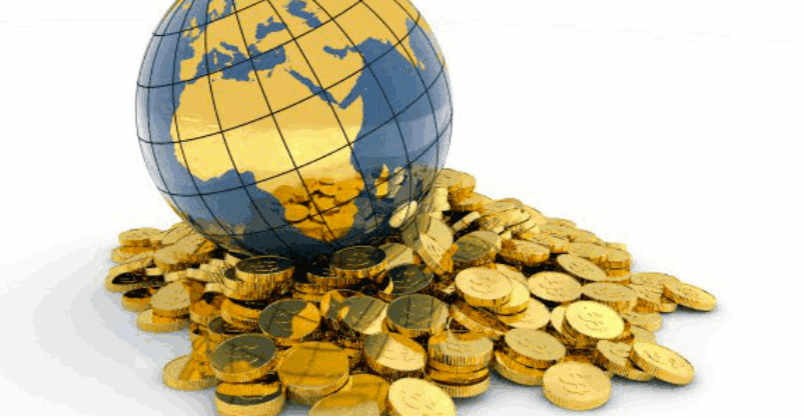Monopoly is a market structure with just one supplier or producer for a specific item or service. Monopolies can be developed in a capitalist economy for several reasons, such as entrance obstacles, where new industries find it difficult to penetrate a particular economy, economies of scale, and governmental intervention.

Barriers to entry are one of the primary causes of monopolies in a capitalist system. High startup costs (or capital), patents or other forms of intellectual property rights, or exclusive access to specific assets or technology are a few examples. When these obstacles are high enough, it can be difficult or impossible for new businesses to enter the market and compete with the current monopoly.
Economies of scale can also influence the existence of monopolies. When a company can manufacture goods or services for less money than its rivals, it can frequently force them out of business and take over the market. This may be especially true for utilities or transportation sectors requiring substantial infrastructure investments.
Monopolies can be lucrative for the companies who possess them, but can also harm consumers and the general economy. Without competition, businesses might lack the motivation to develop new ideas or enhance their offerings, and prices might be higher than in a more competitive market. Monopolies can also discourage innovation and hinder the expansion of small enterprises.
Effect Of Monopoly In A Capitalist Economy
Some people believe that consumers can never be sovereign in a capitalist economy. Even as strange as this may sound, this claim might be partially valid. The concept of monopoly in a capitalist economy is very complex; hence, contradictions in the practice may arise occasionally. With this context, some of the known effects of monopoly in a capitalist economy have been identified as thus:

1. Unnecessary Control
There are elite industrialists in every economy who always find the need to create a firm dominion over any industry of their choice. A practical example of this can be a reference to a group called the ABCD. This group comprises the biggest agro traders in the world and controls 75%-90% of the global grain trade. Situations like this may not necessarily be a good omen to any economy; it can easily be highjacked and monopolized by an individual or group.
2. Resistance To Government Policies
There have been cases where monopolistic business organizations are left to grow so strong that they become too big for the government to handle. These business organizations are left to grow so powerful that they ignore government policies that don't favor them. While some governments ignore their naughty behavior, probably because the outcome of such formation somehow favors the government officials or they don't have the political will to prosecute such a none- nonchalant attitude by this elite group.

Conclusion
Monopolies can also be produced by government involvement. Government laws or policies often make it difficult or impossible for new businesses to enter the market, or they sometimes favor current businesses. This is evident in sectors like telecoms, Oil and Gas sector, or any other high-rated economic sector in a country where the government may issue exclusive licenses to operate in specific regions or offer particular services.
Although monopolies thrive in a capitalist system for several reasons, they can also seriously harm competition, innovation, and economic growth. When formulating rules and laws influencing corporations and consumers, policymakers must consider various potential advantages and disadvantages of different market arra.





